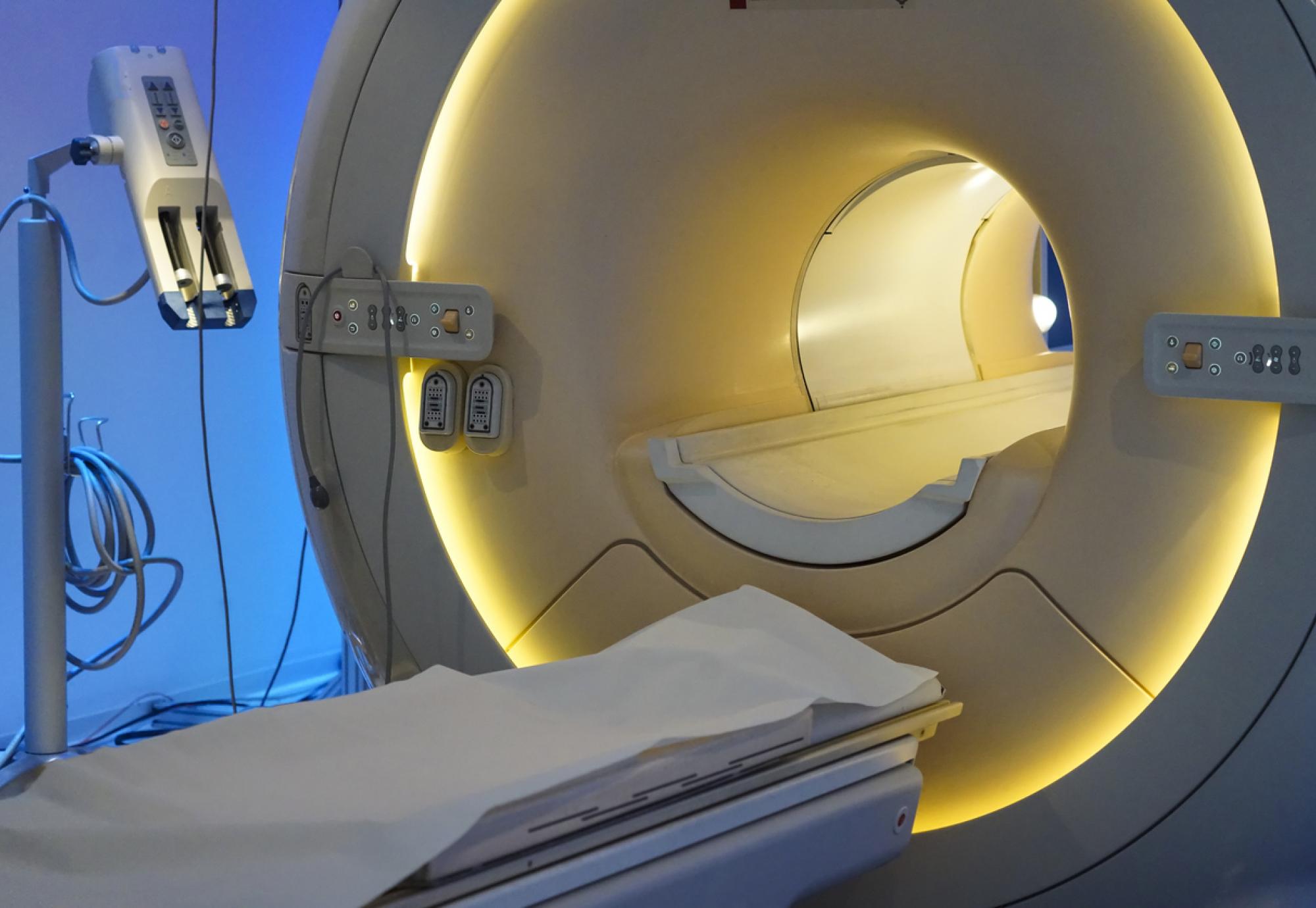The United Lincolnshire Hospitals NHS Trust will benefit from a £3.8m investment in new imaging technology. This will help patients in need of cancer and trauma diagnostics in Lincolnshire.
It is part of a £2.6m government funding boost, and £1.2m successful funding bid, which has replaced an imaging machine more than 10 years old. This has helped improve the quality of the images and overall patient experience.
Last year, the Government unveiled plans to invest £200m to improve cancer services regionally, and part of this included replacing equipment that was over 10 years old. It pledged to invest in CT scanners, breast scanners and MRI scanners.
The funding has allowed the trust to replace CT scanners at their Lincoln County Hospital, Pilgrim Hospital, and Boston and Grantham and District Hospital, as well as installing a new MRI scanner at Grantham and District Hospital.
Mark Brassington, Director of Improvement and Integration and Deputy CEO said: “We are committed to developing all of our hospital sites across the trust by ensuring we have the right equipment available to treat our patients and also making our hospitals great places for our staff to work.
“We have invested in this new equipment and improved facilities as part of our overall trust improvement plan. By working to ensure our hospitals get the investment we need, we are able to invest in the future health of the people of Lincolnshire.”
The trust has also made significant investments in the upgrade of its estate, to make room for new equipment, and improve general clinical facilities across all of the hospital sites.
Paul Clark, Radiology Services Manager said: “The funding and installation of this new equipment means that we are delivering better services across the county. It is already transforming the experience for our patients. They are now able to have state-of-the-art scans, closer to home, and in improved environments.
“This investment not only makes diagnostics easier, it gives staff access to the best technology for their job and that has the added bonus of aiding diagnosis and speeding up any required treatment.”
Some of the benefits of the investments in cancer and trauma diagnostic services across the county, include:
- The image quality from the CT scanners being a lot clearer, the scan times are shorter, and the radiation doses are significantly lower.
- Imaging from the MRI scanners is more detailed, sequences are faster, meaning that the patient spends less time in the machine.
- Their Cannon Prism will enable the trust to produce imaging for heart and stroke patients. The scanner will be one of two scanners at Lincoln, and will be the first type in the Lincolnshire and wider Midlands area.
- This will also mean that cancer, stroke and cardiac patients can be scanned earlier, so they receive a quicker diagnosis, and can start treatment sooner.
- With the quality of images of the respiratory system being more detailed, the trust can continue enhancing their FReD (Faster Respiratory Diagnosis x-ray service), for lung cancer. This vital service will enable the trust to fast-track patients with symptoms indicative of lung cancer.



















